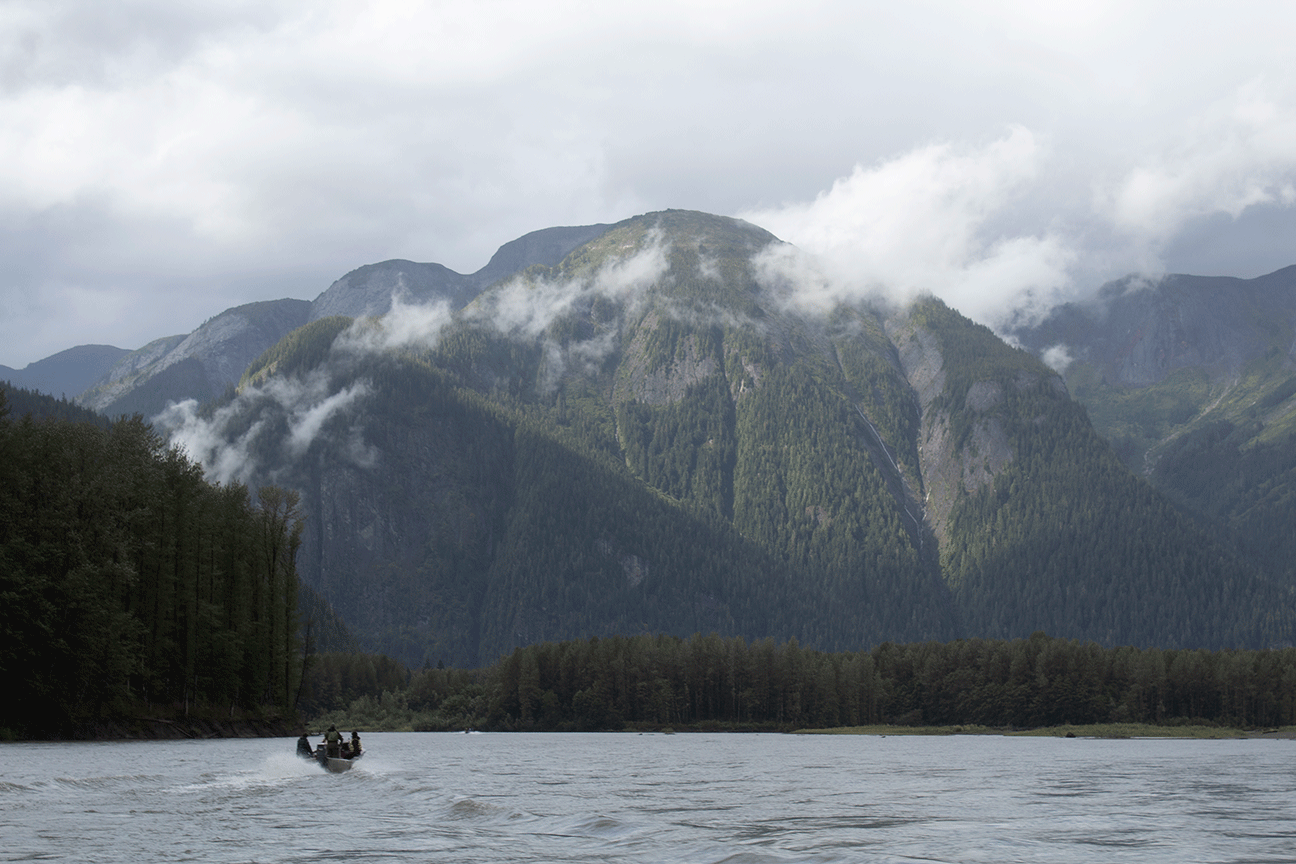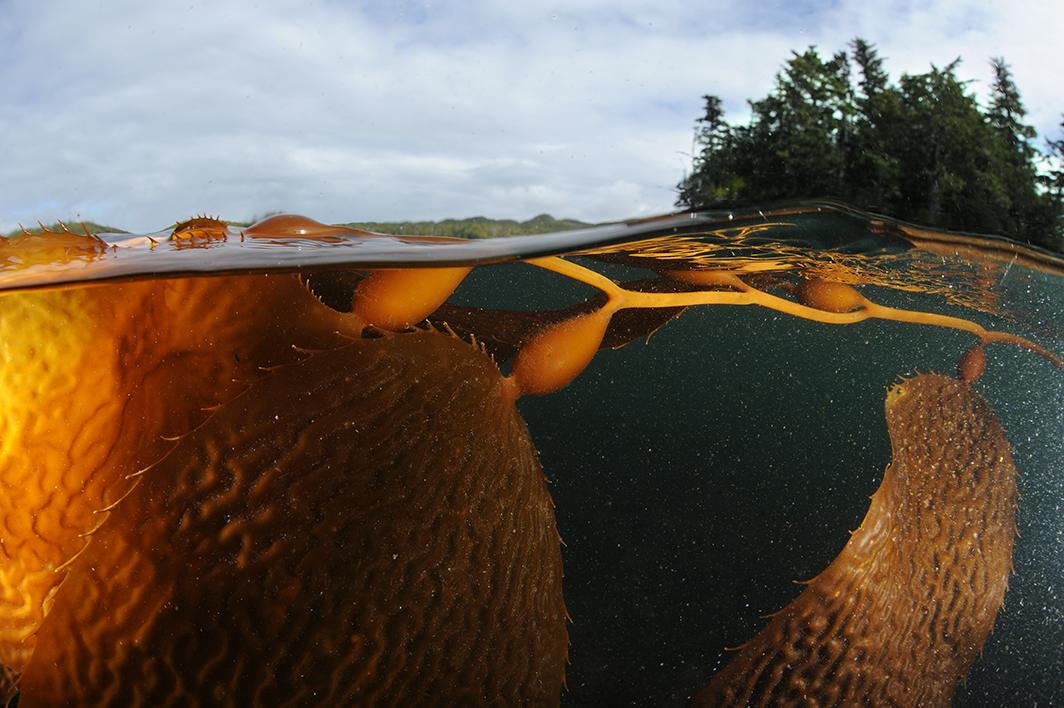Greta Thunberg stood at the podium and captivated the world as she addressed the climate crisis at the 2019 United Nations Global Climate Summit in New York last month. There was no mincing of words. “You have stolen my dreams and childhood with your empty words… We are in the beginning of a mass extinction and all you can talk about is money and fairy tales of eternal economic growth – how dare you!”.
Listening to these bold words and the words of so many other young climate leaders, it’s easy to get caught in a web of climate anxiety. And who could blame us? Canada is warming at twice the global rate – a staggering statistic that is already devastating communities across the North, the Prairies, and Northern British Columbia.

Just this summer, we witnessed it first hand. Tides Canada community partners in the Pacific are already feeling the socio-economic and cultural implications of increased warming. In the Skeena region, communities are still reeling after historically low salmon returns attributed to conditions such as warming waters. This comes just one year after devastating wildfires tore through many Skeena communities; disasters that we have been told may now be “the new normal” in the age of climate crisis. Meanwhile, some reports have alleged that just 100 companies have been the source of more than 70% of total greenhouse gas emissions since the late 1980’s. Taken together, it’s hard not to feel as though the cards are stacked against us.
Community-led climate solutions in the Pacific
Yet, the communities that are so often ‘ground zero’ for climate-change impacts are also immense beacons of hope in the age of climate anxiety. Rooted in a deep sense of place and responsibility, many B.C. communities are leading the way towards climate solutions, and demanding action. Along B.C.’s South Coast for example, Tides Canada partner, the Kwiakah First Nation – the smallest First Nation in the province – has big plans. They are studying the potential of marine plants in their territory, such as kelp, and its potential in capturing and storing carbon. Kwiakah leadership envisions a future where their members have access to a healthy, secure land base that they can call home.

Head further north to Haida Gwaii where swiilawiid sustainability society is developing unique ways to fully transition off diesel-generated energy. Part of their strategy is to explore what it means to be energy sovereign and invest in locally driven and democratic clean energy solutions. Next year they will host an experimental art exhibit at the Haida Gwaii Museum that will explore contemporary issues of climate change and community resilience within the lens of Haida history, culture, and ways of being.
Back in the Skeena, Oldtown Storytellers’ Foundation is tackling climate change from the root – in some cases literally! Localizing food systems is one important path towards climate change resilience. Storytellers’ has been bringing together community members of all ages to practice local and wild food harvesting, in order to decrease reliance on carbon-intensive shipping practices and incubate sustainable alternative economies. Simultaneously, Storytellers’ strives to ensure that reconciliation underlies all the systems change work that they do.
A collective responsibility
These are just a few of the many stories that inspire us with hope during trying times. They also go one step further. To quote Greta, “I don’t want you to be hopeful. I want you to panic… and then I want you to act.” These initiatives do just that, by illustrating what a healthy, resilient future could look like, and demonstrating that solutions are within reach.

Robust change requires all Canadians to come together in our collective responsibility towards one another, and towards a healthy environment. Tides Canada is proud to support many communities in B.C. who are already leading the way.
—
Strategic Grantmaking Coordinator, Bridgitte Taylor, shares some beacons of hope from across British Columbia. If you ask our team how they feel about our climate future, you’ll get an interesting answer. While today’s world is full of climate anxiety, we remain hopeful. It’s hard not to have hope when communities across Canada, at the epicenter of the climate crisis, are working on some of the most innovative solutions to protect the Earth for future generations.
*Staff attended the climate march on their own time and not in their capacity as Tides Canada employees.
